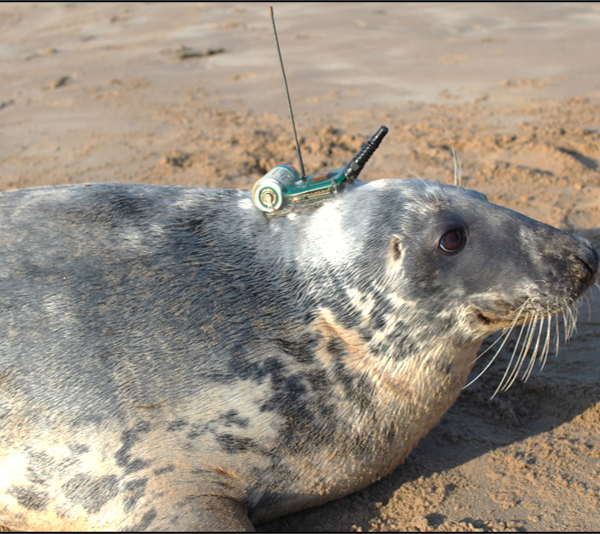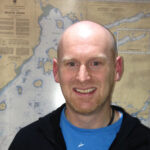Gordon Hastie is at the Sea Mammal Research Unit at the University of St Andrews and the Centre for Energy Ethics. He and colleagues have looked at how seals and porpoises interact with underwater turbines generating electricity from the strong tides found off the Orkney Islands. Early studies indicate that the animals may be able to avoid the turning blades of the turbines. Hastie says that this may keep them safe, but risks denying them access to important feeding areas.
This research may also prove useful for design engineers working on these new turbines. An experiment using a simulated turbine blade showed that injuries become more serious when the blade moves at more than 5m a second. Typical speeds in operation are more like 12m/s.
Research by Hastie and colleagues on offshore wind farms has shown that the big hazard arises during their construction, when massive foundations are driven into the sea floor. Seals seek to avoid this noisy process but come back within hours after it is finished.
Some marine mammals may also gain additional feeding opportunities, as many offshore energy structures become “artificial reefs”. Hastie notes too that offshore renewables may prove positive for these creatures in the long term. “They have an enormous amount to lose from climate change.”






